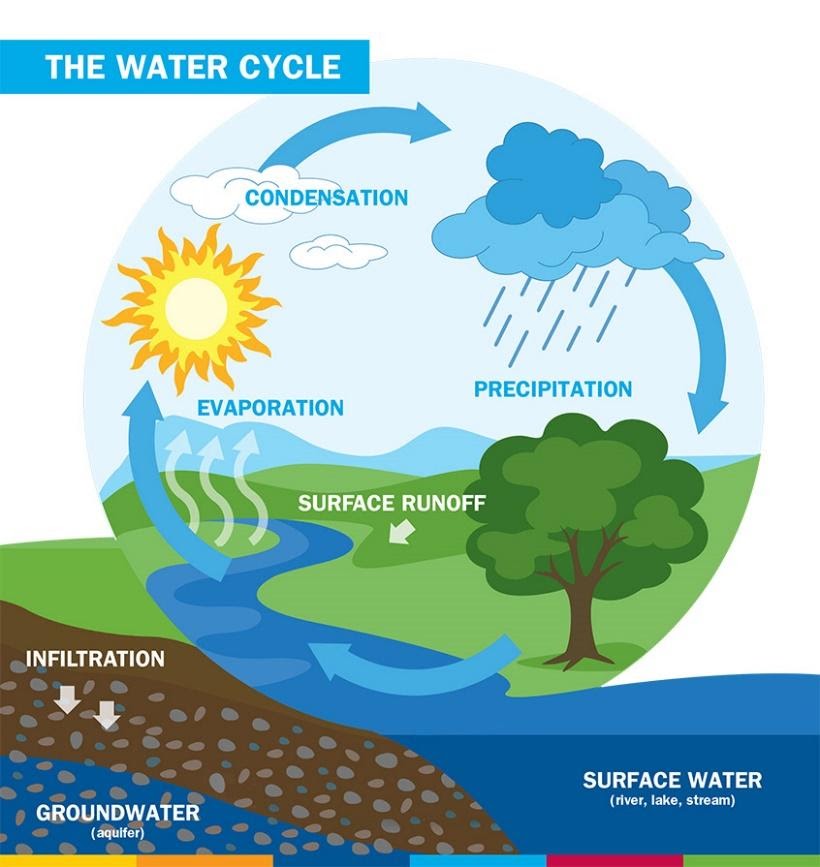
Groundwater is one of UK’s most valuable natural resources. Even though most large cities get their water from surface sources such as lakes, rivers and dams, it is estimated that there is ten times as much fresh water below the land surface than in all the lakes and rivers combined. Groundwater is a far safer water source than surface water because it is protected by soil or rock and is not so easily contaminated. A properly constructed water well is the best way to insure that the water you drink is safe and clean.

A properly constructed borehole/water well should last a lifetime. Whether drilling a borehole for industrial units or for a domestic supply there are several important key factors which should be considered before drilling proceeds.
- The location of the borehole and the design should be upper most. The borehole should be drilled as far away from any potential harmful contaminants as possible.
- The minimum yield, this is the least amount of water the borehole would produce in order to make the it viable.
- The geological formations that will be drilled and the chances of potential aquifers.
- The depth and the diameter of the finished well, this varies on smaller projects depending on drilling conditions, but is important on larger ones as pumping equipment must be planned for at the outset.
All casings, liners and screens used should be to water authority regulations standards or (B.S. 879) and a gravel pack should be installed to act as a filter media whenever possible, a sanitary seal should be set below ground, the depth depending on over burden formation and either cased or grouted up to ground or chamber level.

Contact Us
If you have any questions or simply want to know more, don’t hesitate to contact us.

